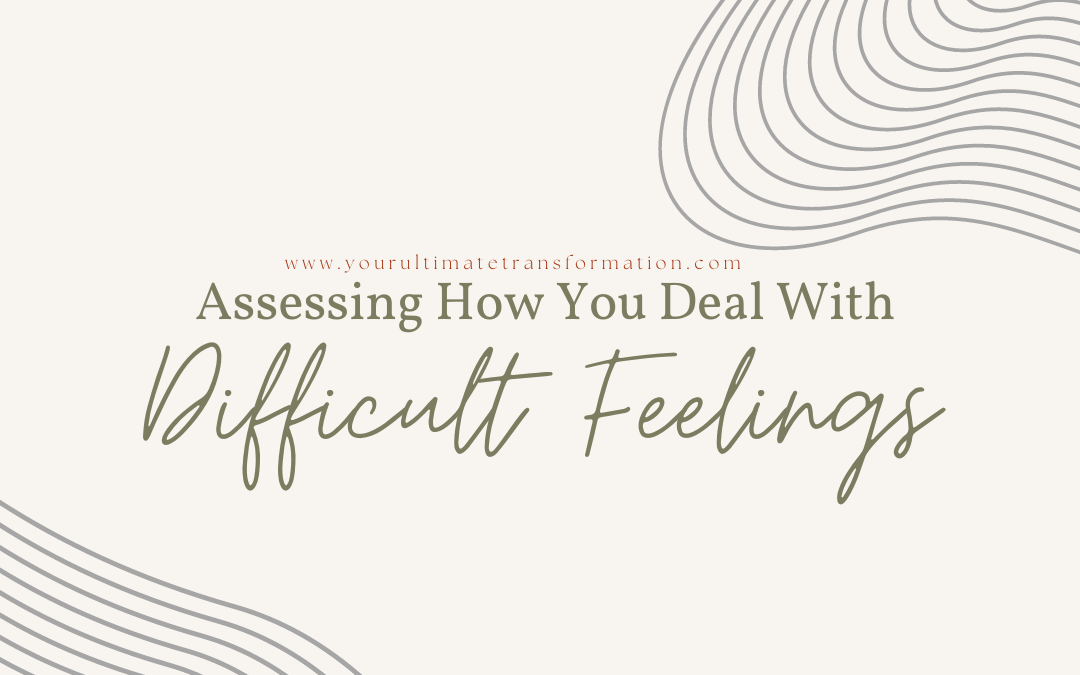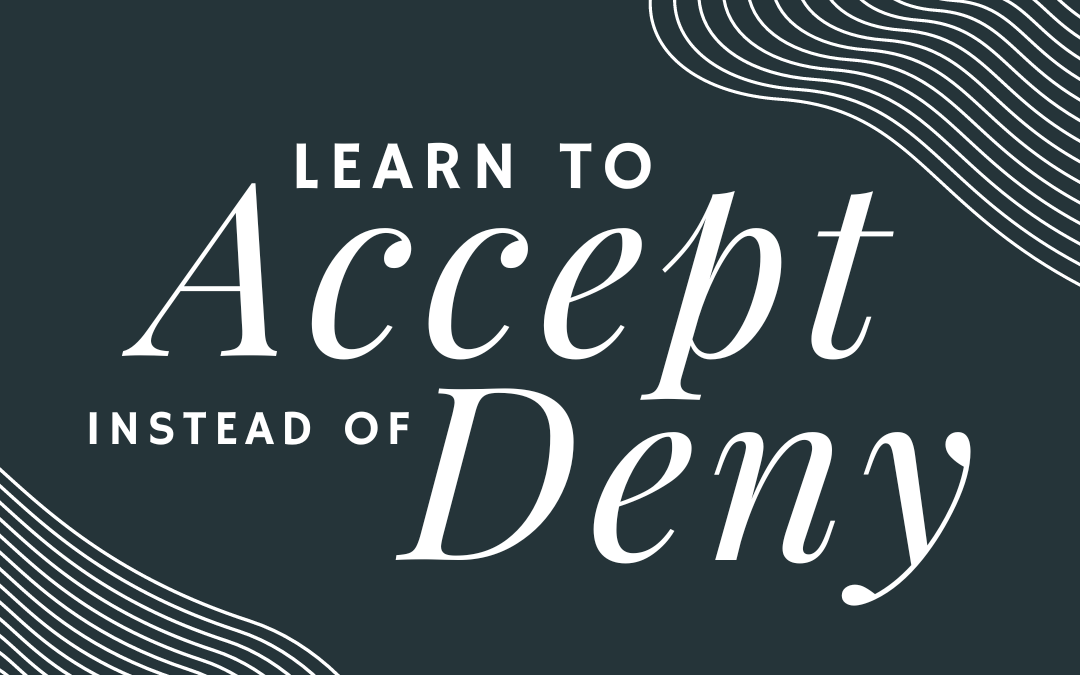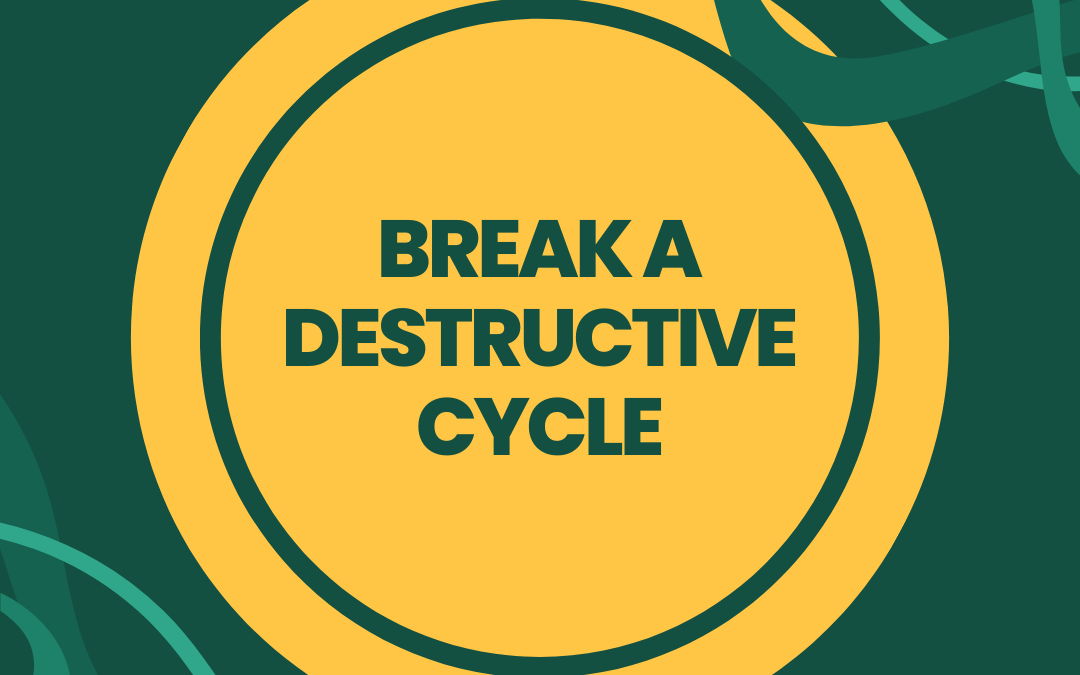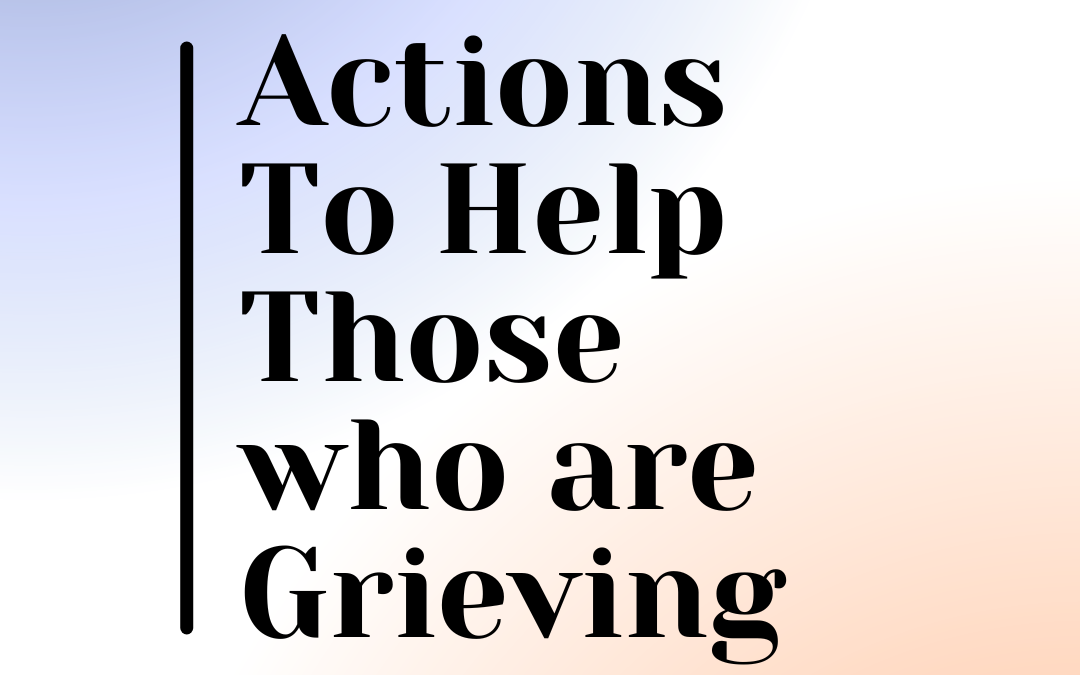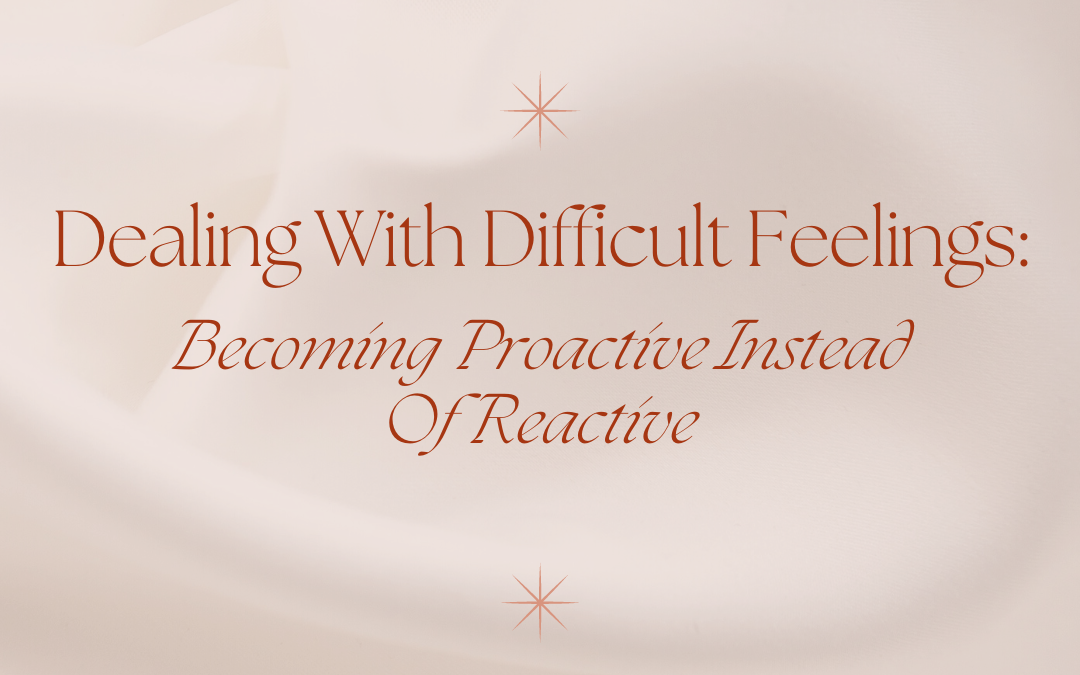There are many ways you can assess your own ability to deal with difficult feelings. Several reputable sources offer online questionnaires that, while lengthy, give you a good idea as to where your strengths and weaknesses lie when coping with difficult feelings.
Many of these self-assessment tools are meant to measure what is known as emotional intelligence, has gained popularity in the last decade. Also known as your emotional quotient, or EQ, emotional intelligence is another dimension of personality that focuses on your capacity to recognize not only your own emotions but also those of others, to correctly identify your own and other’s emotions, and to manage your reaction to yours and others’ emotions appropriately.
QUESTIONS TO REFLECT ON:

If you are interested in learning more about your own emotional intelligence in-depth, research the online tools that are available and select one that will work well for you. If you are just beginning your journey toward learning to deal with difficult feelings, start with a simple inventory instead.
Assessment
To gain a short but insightful look into your own emotional intelligence, consider the following questions. Answer each honestly about you right now, as you are today. Write your answers down, as this can be helpful later in guiding your work toward developing a higher sense of emotional intelligence.
- How often do you lose your temper when you feel frustrated?
- Do people tell you that you are a good listener?
- How capable do you feel in your ability to calm yourself down when you feel upset or anxious?
- Do you enjoy organizing groups? What do you enjoy most about this, if you do?
- Do you have difficulty moving on when you feel unhappy or frustrated?
- Do you have trouble focusing on something long term?
- Do you enjoy your work? What is enjoyable about it?
- How often do you avoid conflict? How confident are you in your skills of negotiation?
- List your strengths and weaknesses in all areas of your life.
- How often do you seek out feedback on your work or in other aspects of your life in order to improve yourself?
- How often do you practice active listening when people are speaking to you? What does active listening mean to you?
- What are your long-term goals, and how often do you assess your own progress toward these goals?
- Do you struggle to identify others’ emotions? What emotions are the most difficult for you to identify in other people?
- How well do you develop a rapport with others, and in what ways would you like to improve in this are?
From each of these questions, you can identify areas where you already feel comfortable as well as those where you have room to grow. Set a few, short-term goals for yourself in one or two areas, then work toward developing new skills to address these.
Once you feel you have made progress toward these goals, reevaluate and set new goals in different areas. This is a continual process that should never end if you truly want to learn to deal with difficult emotions in your life.
QUESTIONS TO REFLECT ON:
Thinking
- Are you actively thinking about understanding difficult feelings?
- Are you thinking about all the the things that help you accept these feelings?
- Are you thinking about how you can further develop how to accept difficult feelings?
Talk – New Language
- Are you actively expressing these difficult feelings in a healthy way?
- Do you speak of all the good and positive things that make you feel good and counter these feelings?
- Are you continuously telling yourself and reminding yourself to accept these difficult feelings and counter it?
Behaviour
- Do you accept your emotions and own up to them fully?
- Do you try and focus on positive behaviours that help you accept difficult feelings?
- Do you continuously learn more about how to accept and counter difficult feelings?
Relationships & Contribution
- Do you try and accept and understand your difficult feelings to be able to express them in a healthy way?
- Are you willing to make sure that you always try to accept your difficult feelings to improve your relationships?
